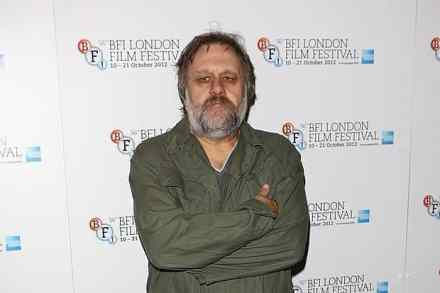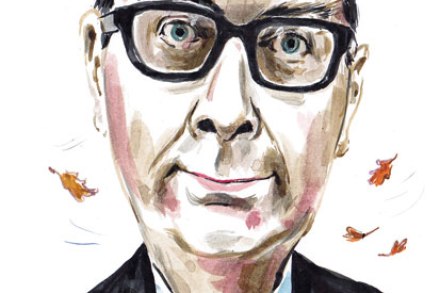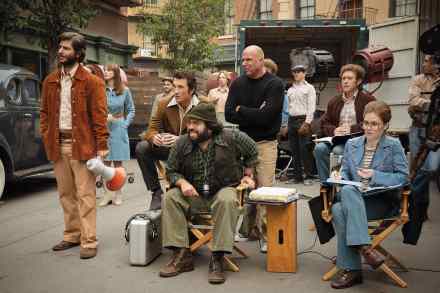The magic of Les Ballets Trockadero de Monte Carlo
Arts featureDrag isn’t what it was. Pantomime dames, character actors and any number of sketch-show comedians had fun dressing up as harridans or movie stars (check out Benny Hill’s unforgettable Elizabeth Taylor) but those old-school travesti turns have been out-camped by a more unsettling performance style that women are finding increasingly hard to take. Directors and






























